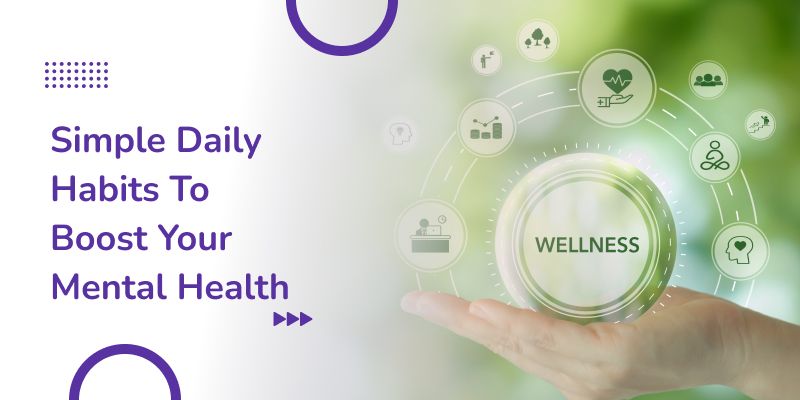
Americans Grapple With the Quest for Better Productivity
Across the United States, the pursuit of productivity is as much a cultural conversation as it is a personal challenge. Whether motivated by workplace demands, personal goals, or societal expectations, Americans are relentless in their search for ways to get more done in less time. Yet, despite access to a wide array of techniques and tools, most adults remain uncertain about what really works—if anything truly does(see the generated image above).
For decades, the message has been clear: better organization leads to better outcomes. Self-help books lining bookstore shelves, workshops in corporate boardrooms, and trending hashtags on social media all insist that a system can be found for everyone. In reality, however, the pursuit of the perfect productivity solution often leaves people cycling through strategies—from bullet journals to time-blocking, from smartphone apps to minimalist desk setups—without ever landing on a method they can stick with long term.
Recent nationwide surveys map a familiar landscape: about one in four Americans say they have experimented with multiple productivity approaches over the past year. Of those, fewer than 40% consistently apply any specific methodology for more than a few weeks at a time. The majority, instead, revert to familiar routines: handwritten to-do lists, informal mental notes, or a simple reliance on digital calendars. Asked why, most respondents cite convenience, habit, and a feeling that new systems are more trouble than they are worth.
The Allure and Pitfalls of Trending Productivity Tools
The explosion of digital productivity tools was meant to revolutionize the way people approach daily tasks. Sleek platforms now offer promises of task-tracking, goal-setting, collaboration, and seamless syncing across devices. With just a few taps, users can prioritize deadlines, receive gentle reminders, and visualize their progress. Yet, the promise of efficiency sometimes collides with reality.
Many Americans find themselves overwhelmed by options rather than liberated by them. For example, 60% of surveyed adults who downloaded at least one productivity app in the last year abandoned it within a month. The chief complaint is “overcomplication”—software that introduces friction through push notifications, learning curves, or time-consuming setup processes. Others mention a sense of guilt tied to unused features or missed daily goals, which can leave them feeling less productive, not more.
Despite the proliferation of tools and hacks, only a minority of adults—about 18%—say they regularly stick to digital productivity platforms. Those who do claim tangible benefits: faster project turnaround, clearer focus, and improved communication when collaborating. Still, even among these loyal users, enthusiasm is often tempered by frustration with updates, subscription costs, and the occasional technical glitch.

The Realities of Sustainable Habits
In contrast to the buzz surrounding the newest apps or viral techniques, most Americans are looking for productivity that is not only effective, but also sustainable. As experts in workplace psychology point out, real, lasting results are more likely to come from routines tailored to individual needs than from any universal system.
For many, this means blending different methods—a notebook for daily priorities, a digital calendar for appointments, and occasional weekly reflections to recalibrate. Nearly half of surveyed adults admit to this “hybrid” model, mixing analog and digital tools depending on the day's needs. The key challenge, they say, is resisting the pressure to constantly optimize and instead focus on consistency, however imperfect.
Workplaces are also adapting to this reality. Some companies foster open conversations about productivity, encouraging employees to find what works best for them rather than mandating a single solution. Others offer flexible work hours and quiet spaces, recognizing that environment and autonomy can be as important as any tool.
Ultimately, Americans’ relationship with productivity remains a work in progress. For every popular new method, there are just as many stories of failure, reset, and renewed experimentation. This ongoing process is a testament to a culture that persistently values improvement—even if the perfect solution always seems just out of reach.
 Lifestyle
Lifestyle Simple Daily Habits to Boost Your Mental and Physical Health
Posted on 2025-10-03
Improving your overall health doesn’t have to involve drastic lifestyle changes. Small, consistent d...
 Productivity
Productivity The Silent Struggle: Why Productivity Remains Elusive for Many Americans
Posted on 2025-09-24
Productivity is one of the most celebrated yet elusive concepts in modern American life. While count...